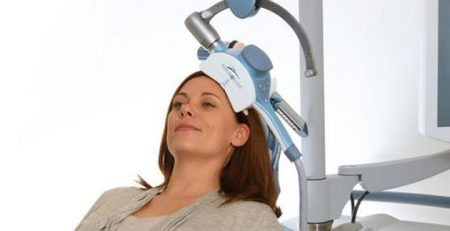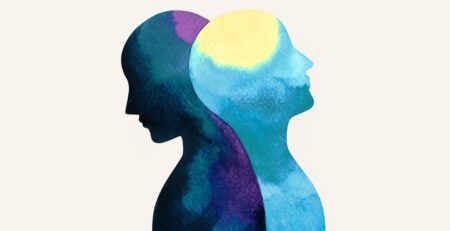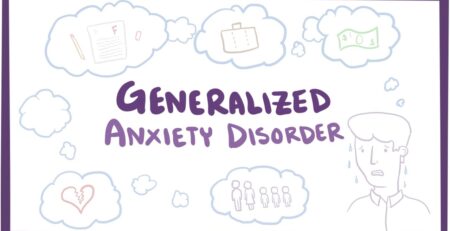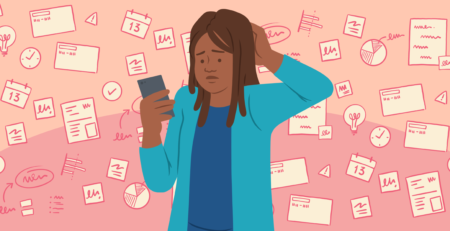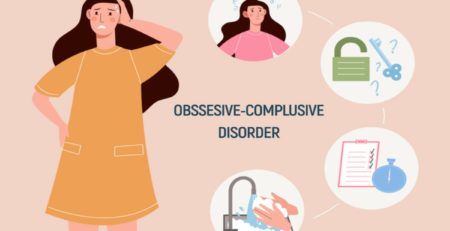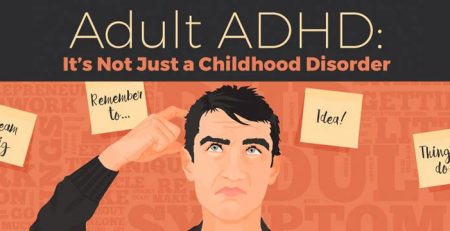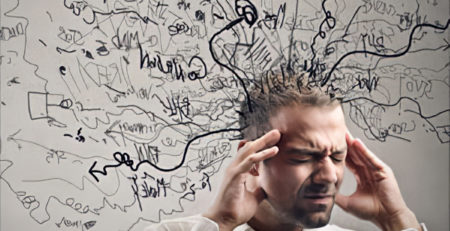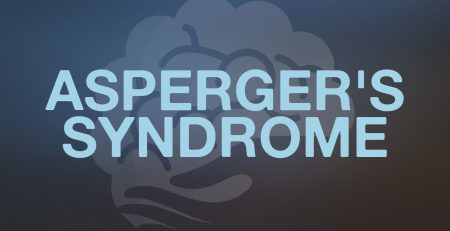Cyclothymic Disorder
Cyclothymic disorder, a milder form of bipolar disorder, are episodes of hypomanic symptoms — elevated mood and euphoria — and depressive symptoms that prolong for at least two years. Medical professionals do not classify this disorder as a full-blown hypomanic or depressive episode because the number, severity, and duration of the symptoms is less.
How Do Doctors Diagnose Cyclothymic Disorder?
For doctors to diagnose a person with cyclothymic disorder, the person should have experienced hypomanic and depressive symptoms at different times in their life for at least two years. Cyclothymic disorder begins at adolescence or early adulthood with a 15% to 50% probability of the person to develop bipolar I or II disorder.
However, the risk of a person developing bipolar I because they suffered from cyclothymic disorder is still less, as most people tend to recover and do not experience any hypomanic and depressive symptoms in the future. In both males and females, cyclothymic disorder is common.
The Symptoms of Cyclothymic Disorder
For children and adolescents, cyclothymic disorder symptoms last for one year, but generally, the person should exhibit its symptoms for at least two years for doctors to diagnose them with it. The symptoms of cyclothymic disorder and hypomanic disorder are the same with the only difference being the duration they last.
The symptoms of cyclothymic disorder do not last long and are less severe. Since cyclothymic disorder’s symptoms are a combination of both hypomanic and depressive disorder, it is important to look at both before diagnosing a person with cyclothymic disorder.
Symptoms of Hypomanic Disorder
- A lasting duration of behavior that is different from usual
- Abuse of drugs, sleeping medications, and alcohol
- Being more talkative than usual or feeling pressure to continue talking
- Denial that something is wrong
- Distractibility, inability to concentrate
- Excessively euphoric mood
- Impractical beliefs in their abilities and powers
- Increased energy, anxiety, and activity
- Increased sex drive
- Irritability
- Poor judgment
- Provocative, invasive, or aggressive behavior
- Racing thoughts and speech, jumping from one idea to another
- Sleeping less
- Impulsive spending behavior
Symptoms of Depressive Disorder
- Unable to concentrate, remember, and decide
- Excessive sleepiness or unable to sleep
- Fatigue or lethargy
- Feelings of worthlessness, hopelessness and, or, guilt
- Loss of appetite and weight loss OR overeating and weight gain
- Loss of self-esteem
- Persistent sadness
- Persistent thoughts of death
- Withdrawal from activities that were once enjoyed
- Withdrawal from friends
The treatment for cyclothymia disorder is similar to the treatment of bipolar I and II disorder and the duration of the treatment depends on the severity of the symptoms.


